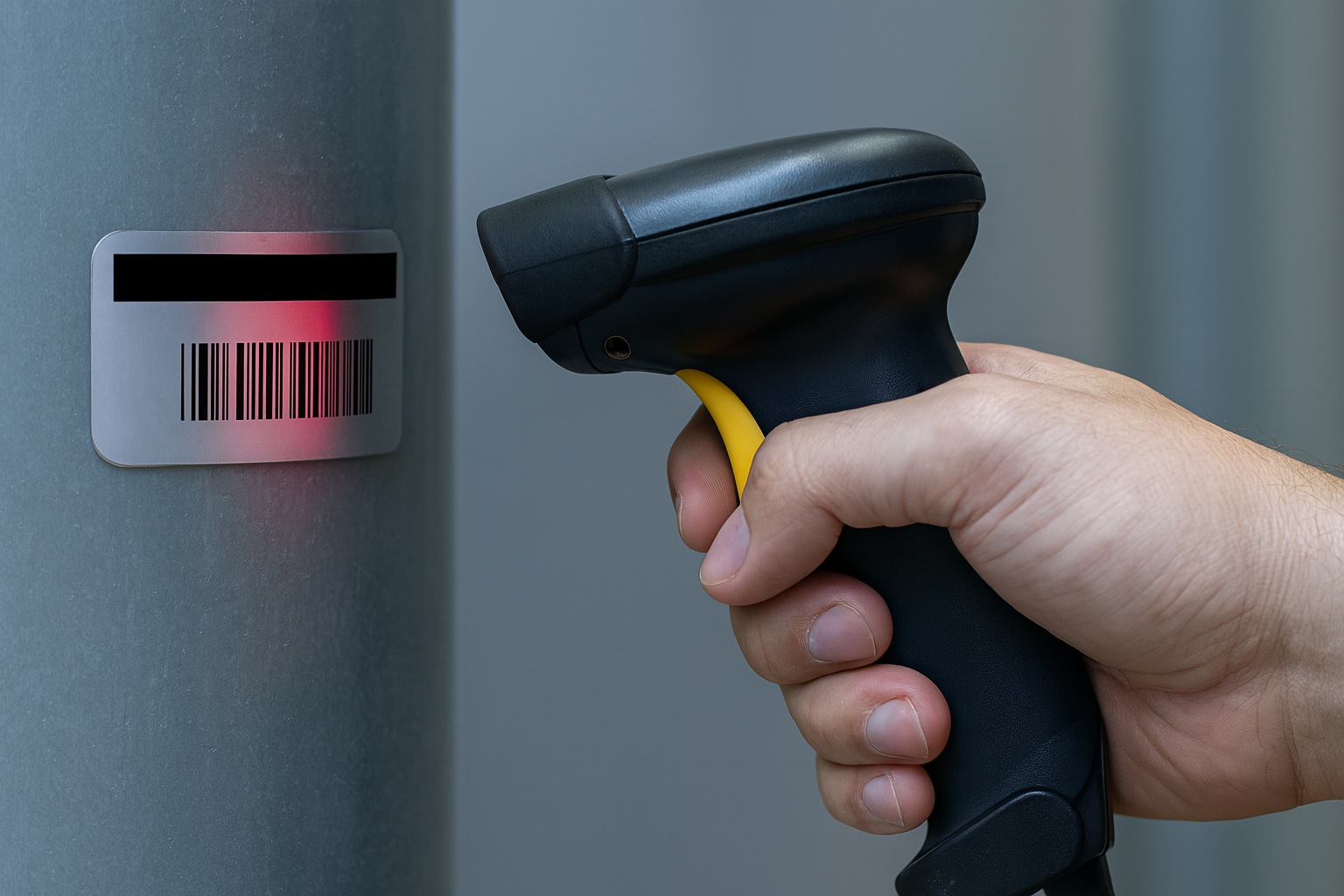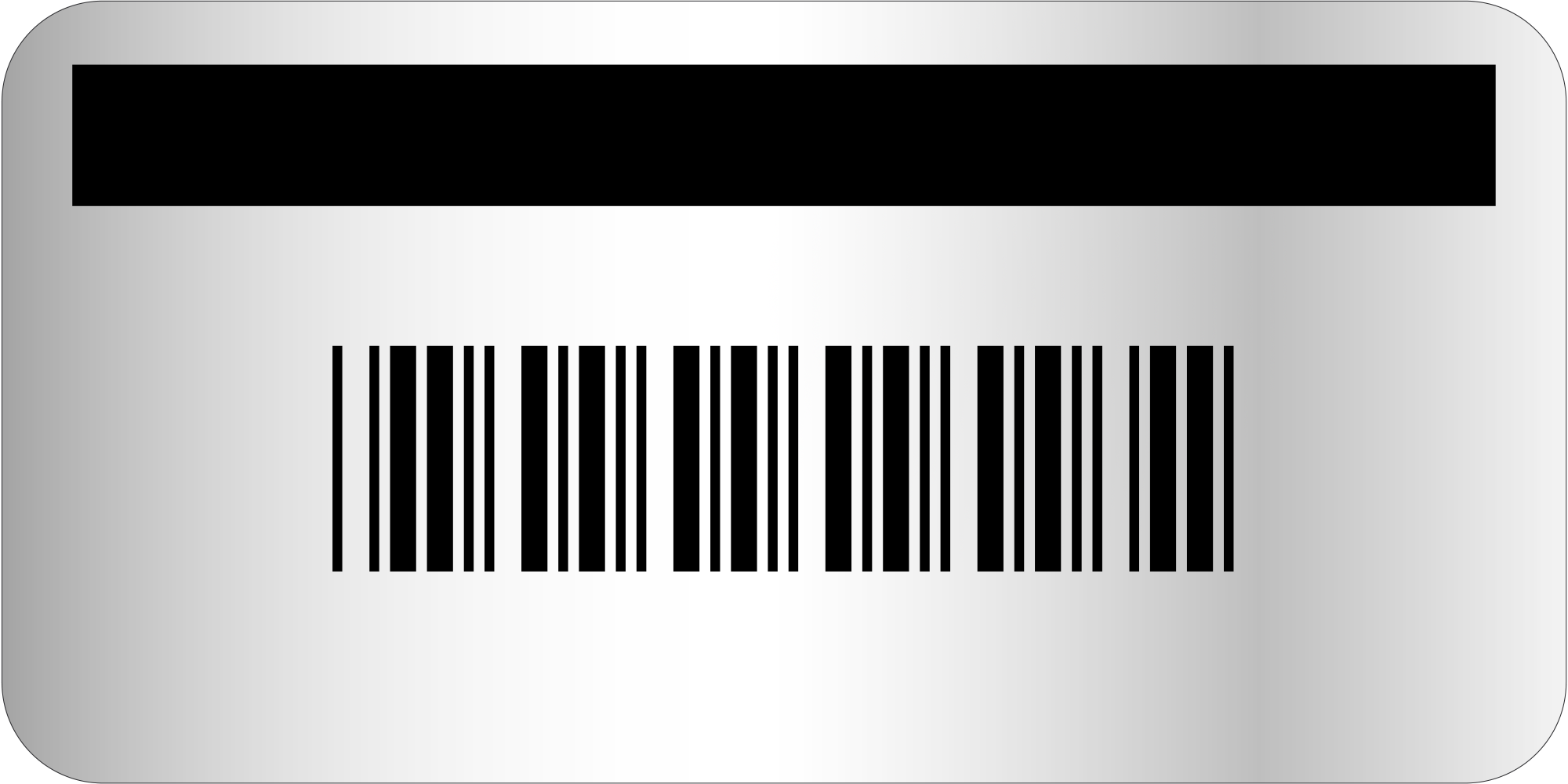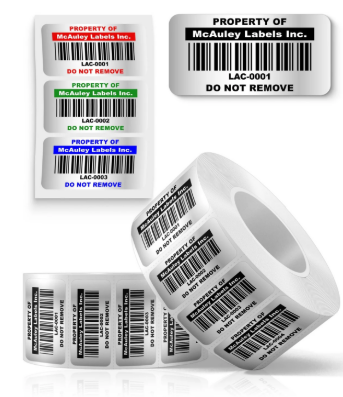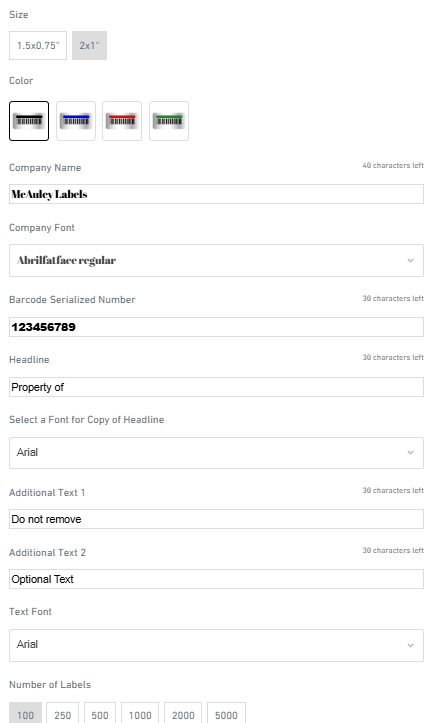In competitive manufacturing landscape that we're all dealing with, precise asset tracking is more critical than ever. Manufacturers face mounting pressure to maintain accurate inventory records to avoid costly errors, compliance issues, and operational disruptions. Custom asset tags play a pivotal role in achieving this precision by providing a reliable, efficient, and scalable solution for inventory management.
What This Article Covers
You’ll learn how custom asset tags help manufacturers improve inventory accuracy and efficiency. We’ll cover:
-
Why precise asset tracking matters and the risks of poor tracking
-
Why choose durable materials that withstand harsh industrial environments
-
How barcodes and QR codes enable real-time updates
-
Key benefits aka faster audits, reduced shrinkage, and stronger compliance
-
Best practices for implementation and staff training
-
Customization options to fit your operations
-
Practical applications across manufacturing facilities
-
Advantages of metal tags and how labels complement them
We’ll also look at customization options available through McAuley, including flexible designs, variable data, and support services that help manufacturers implement asset tagging systems efficiently.
Why Precise Asset Tracking Matters for Manufacturers?
Simply put, poor asset tracking can lead to significant risks such as compliance failures, misplaced or lost equipment, production delays, and inflated operational costs.
Custom asset tags help mitigate these risks by enabling manufacturers to maintain accountability over their assets and streamline inventory processes.
Accurate tracking ensures that every piece of equipment, tool, or material is accounted for, reducing errors and enhancing overall operational efficiency.

Why Choose Durable Materials Built for Industrial Environments?
Manufacturing environments can be harsh, with exposure to chemicals, abrasion, extreme temperatures, and outdoor conditions. Custom asset tags made from durable materials such as Metalized Silver are designed to withstand these challenges. These materials offer resistance to corrosion, solvents, and physical wear, ensuring that asset tags remain legible and firmly attached throughout the asset’s lifecycle even in demanding factory or warehouse settings.

Integration of Barcodes and QR Codes for Real-Time Tracking
Modern custom asset tags often incorporate barcodes or QR codes, enabling fast and accurate scanning. This technology facilitates digital asset tracking and real-time inventory updates, which can be seamlessly integrated with existing ERP or inventory management systems. The ability to quickly scan and update asset information reduces manual errors and accelerates inventory audits, contributing to more reliable data and better decision-making.

Key Benefits of a Robust Asset Tagging System
Implementing a comprehensive asset tagging system offers numerous advantages, including:
-
Improved Audit Accuracy: Automated scanning reduces human error and ensures precise inventory counts.
-
Reduced Shrinkage and Theft: Durable, tamper-resistant tags deter theft and unauthorized asset movement.
-
Faster Inventory Checks: For example, a mid-size manufacturer reported saving dozens of hours each quarter by streamlining inventory processes with custom tags.
-
Enhanced Compliance: Accurate records support regulatory compliance and internal accountability.
Best Practices for Effective Implementation
To get the most out of custom asset tags, manufacturers should:
-
Standardize Tag Design and Placement: Consistent tag positioning improves scan reliability and ease of use.
-
Train Staff Thoroughly: Ensure employees understand scanning procedures and the importance of accurate data entry.
-
Select Appropriate Adhesives and Materials: Match tag materials and adhesives to environmental conditions for long-lasting attachment.
-
Utilize Serialization: Assign unique serialization values to each tag for precise asset identification and tracking.
Customization Options Tailored to Your Needs
Custom asset tags can be personalized to meet specific manufacturing requirements. Options include:
-
Colors and Company Logos: Enhance brand visibility and facilitate quick asset recognition.
-
Variable Data: Include serial numbers, barcodes, or QR codes for unique identification.
-
Shapes, Sizes, and Material Choices: Adapt tags to fit different asset types and environmental conditions.

Applications Across Manufacturing Operations
Custom asset tags are versatile tools used throughout manufacturing facilities to track:
-
Equipment and machinery
-
Tools and electronics
-
Office equipment
-
Inventory in warehouses and production lines
Advantages of Metal Asset Tags
Metal tags, especially those made from aluminum, are more durable and corrosion resistant making them ideal for industrial environments. Long life means less replacements and cost savings. Tamper resistant metal tags provide more security by preventing theft and unauthorized removal.
Metal Tags with Asset Labels
For assets that need flexible tracking or temporary identification, asset labels are a great complement to metal tags. Labels are easy to apply and remove, a cost effective solution for lower value assets while maintaining a cohesive tracking system.
Why Choose McAuley Asset Tags?
McAuley Labels offer custom asset tags that meet the tough demands of manufacturing and industrial environments. Their asset tags have durable materials and strong adhesives for long lasting attachment in harsh conditions. With custom QR codes, serialized numbering and variable data, McAuley asset tags provide precise and fast asset tracking.
Choosing McAuley means fast turnaround times and flexible customization options including various sizes, shapes and colors to fit your asset identification needs. Their easy to use ordering process allows you to create and print asset tags for your business.
McAuley also offer expert support to help you choose the right tags and implement your asset tracking system.
Whether you need to track office equipment, machinery, tools or electronics, McAuley asset tags are the solution to improve inventory accuracy, prevent theft and streamline asset management.

Conclusion
Custom asset tags are the foundation of an asset tracking system in manufacturing. By using durable materials, barcode and QR code technology and best practices, manufacturers can improve inventory accuracy, increase operational efficiency and reduce risks of asset mismanagement. Investing in custom, high quality asset tags is a smart move to control assets and protect valuable equipment throughout its life.

